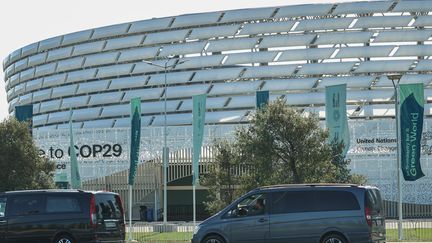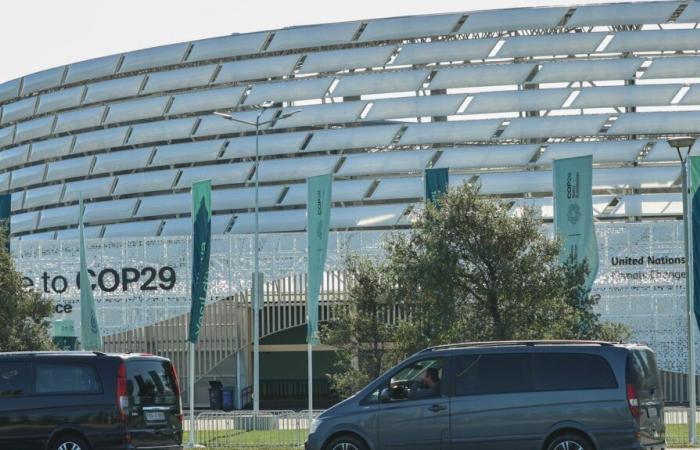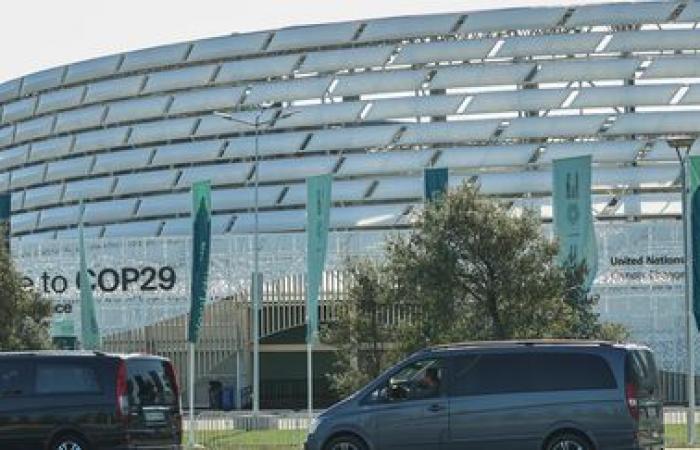While COP29 takes place until Sunday in Azerbaijan, several experts deplore the questioning of their work and a politicization of science.
Published on 22/11/2024 12:32
Reading time: 2min

There remains until Friday, November 22 to reach an agreement at COP29 in Baku, Azerbaijan. The aim is in particular to define a financing objective for aid to developing countries to face the climate crisis. The place of scientific knowledge in negotiations is one of the other central themes of this COP. The nearly 200 states gathered under the aegis of the UN base their discussions on the reports of the IPCC, the group of international experts on climate, which is the reference.
But in recent days, certain states have tried to minimize their place in future negotiations. Scientists now openly fear that the place of science will decline at the next COPs.
In the negotiation rooms, the observing scientists are taken aback. “I have never seen this kind of attack on science”deplores Pamela Peterson, who heads a network of researchers, including glaciologists. The scientist, who has participated in COPs for more than 20 years, sees countries calling into question scientific consensus in their formulations.
“There is a politicization of science, almost an attempt to water it down. For me, some are trying to take pure science out of negotiations. But if we cannot agree on the very basis of change climate, so how can we confront it?asks Pamela Peterson.
However, States, which are preparing the next assessment of their climate action for the 2028 COP, are pleading not to take into account the IPCC assessment report, expected the same year. According to these countries, this report will arrive too late. A false excuse according to Marine Pouget, from the climate action network: “Saudi Arabia and the Gulf oil countries have every interest in seeing older climate data, since their emissions will continue to increase. For them, it is more useful to have data that has more recent figures. lower than those which will be published in 2028.”
To act, she says, we need to update the data. For example, researchers have confirmed an acceleration in the melting of the ice since the previous IPCC report, in 2022.








